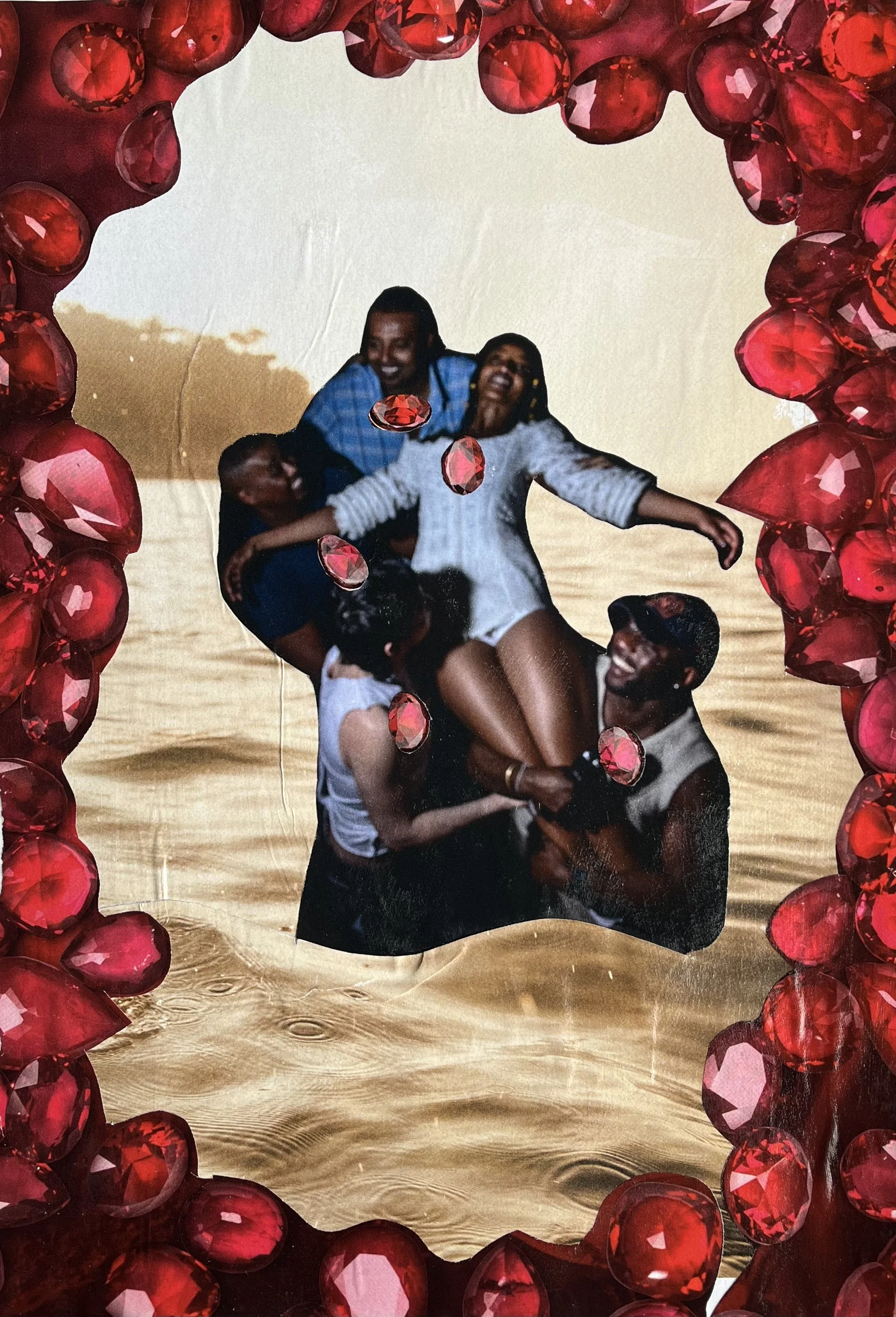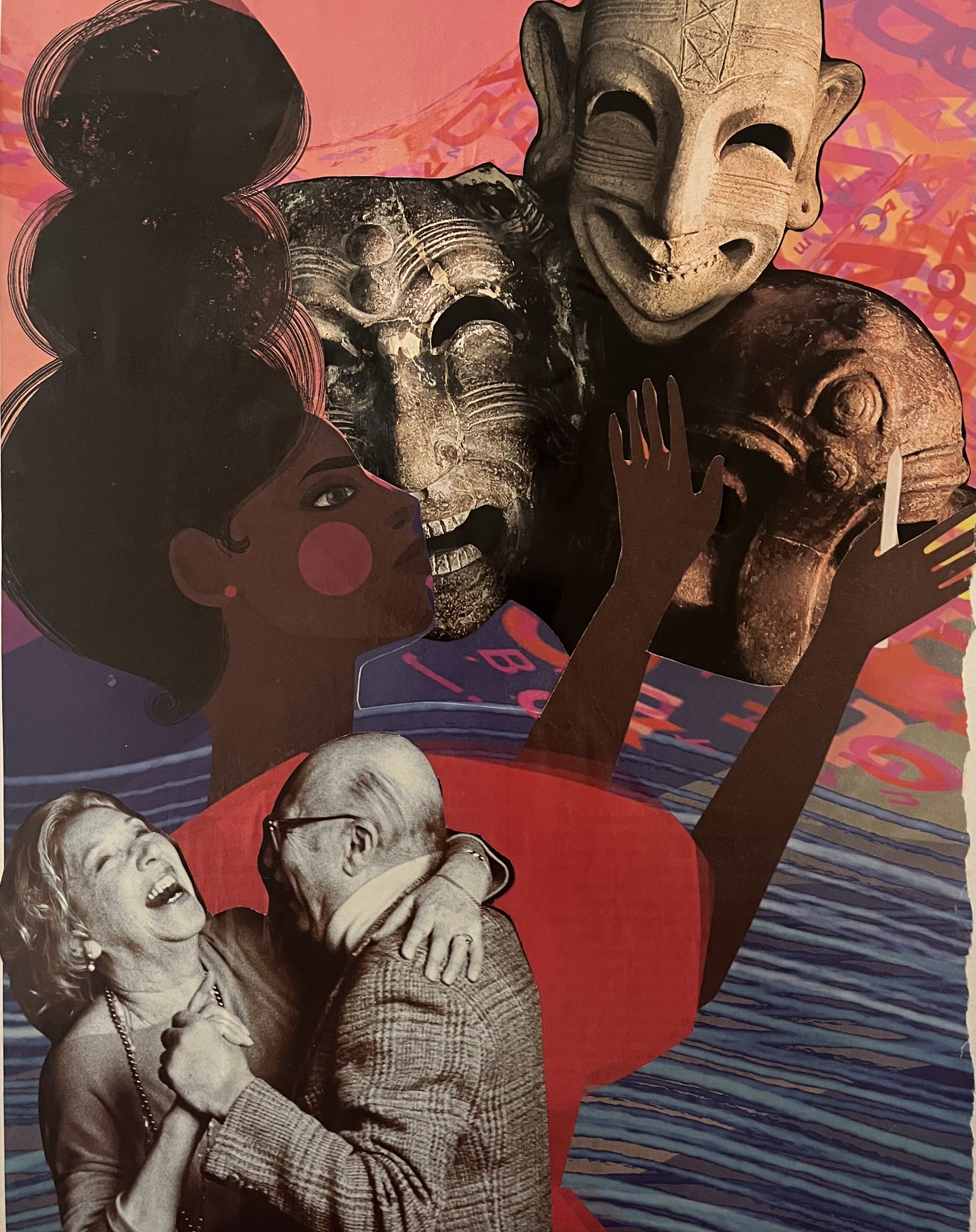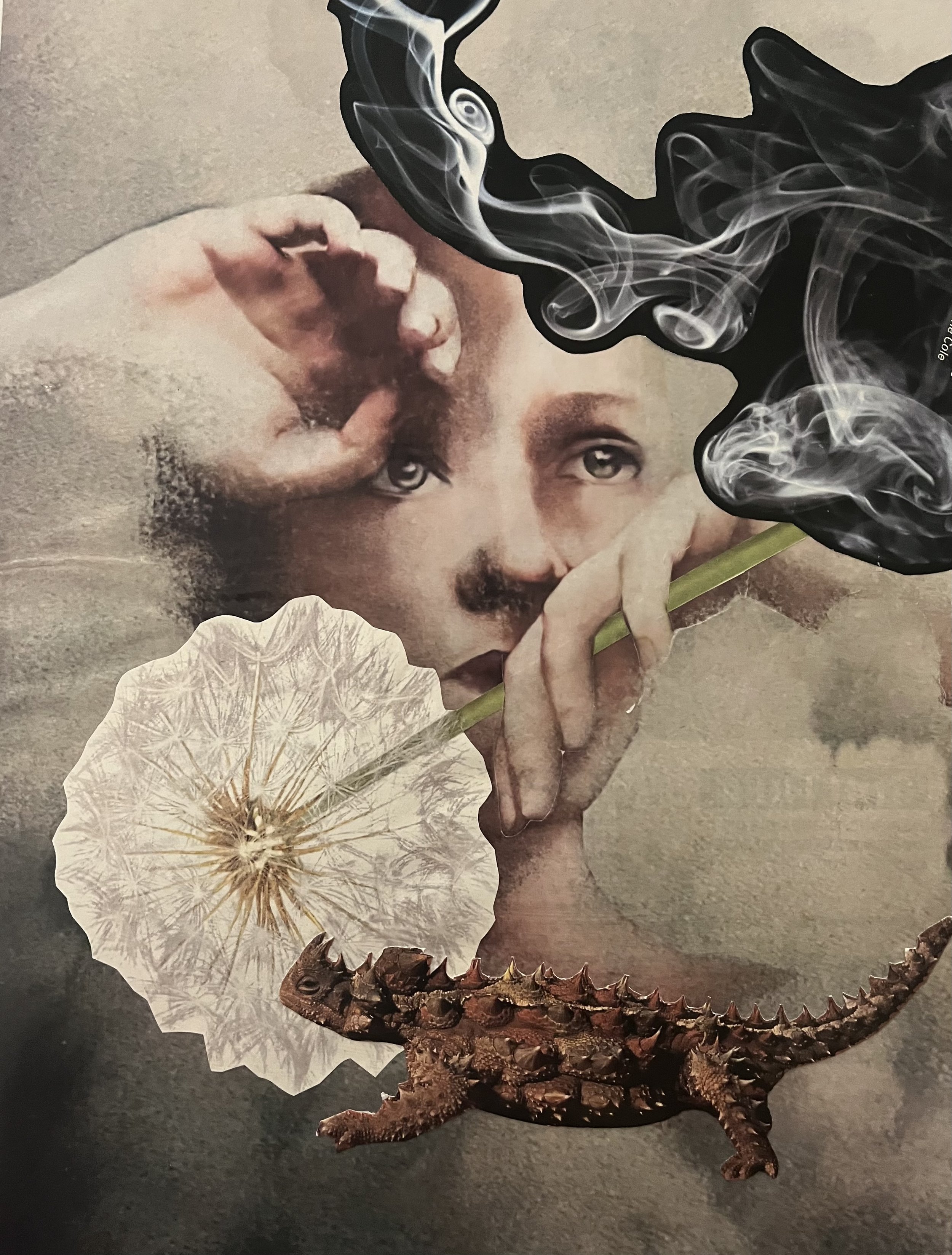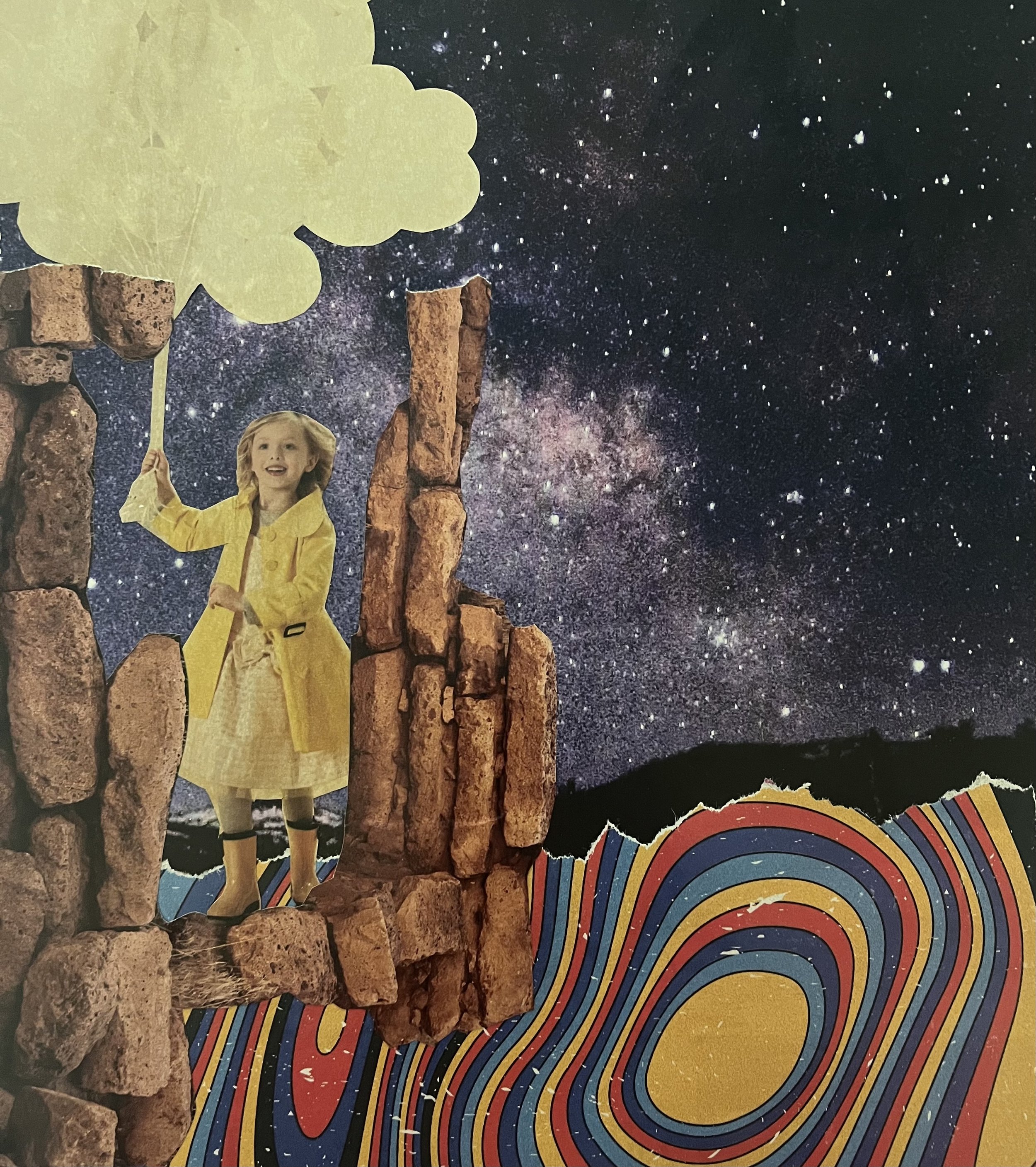#1. The Gift of Being Human
It has been difficult to attempt to put into words this gift of being human. I mean, what an undertaking to summarize what it means to be human! This card, The Gift of Being Human, and the next card, The Revelation of Axial Moments I want to share with you, contain Dr. James Finley’s first step in healing trauma.
“Be grounded in your experience of who you are as a human being in relationship with others. Take responsibility for the healing that needs to occur there.”
In order to accomplish this first step, we need to get to know the character we are currently living as. Let’s look at the background story, the parts of this character’s life that make him the character he is. Let’s remember his pivotal moments, cultural influences, belief systems he was raised under and woundings that bring out impulsive reactions instead of well-thought-out responses to the world. We might study descriptions of his attitude, fears and passions. If this character was in a book you were reading, you might learn about his size, style, habits and emotional capacity. We might take a look at pivotal and defining moments and identities or roles we have played. All of this can give us vital information about how to understand the creature we inhabit. To look at what qualities and events are a part of your current character, is to get to know why you act and think the way you do, where you might need improvement and where you excel. You could get to know the motivations of your character and the woundings that create impulsive reactions instead of well thought-out responses.
I propose we break down what it means to be human in this way, to see all of the challenges and gifts that this character has to offer using Dr. James Finley’s first step to transforming trauma as our foundation.
Being a human comes with a body, a physical self. We desire health, strength and energy in this body. We grieve injuries, illnesses, immobility or a depletion of energy.
Humans have a thinking self, an intelligent body. We desire clarity, capacity and motivation. We strive for freedom through the mind and awareness of self and others. We grieve over ignorance, confusion, mistakes and limitations.
Being human comes with an emotional self, a feeling body. We thrive with openness, understanding and expression. We desire freedom through flowing with emotions. We grieve over suppression, denial, rejection or avoidance of emotions.
Humans cannot survive alone. We are instinctively a social self. We desire belonging, authenticity and non-judgment or acceptance from others. We look for freedom through reciprocal relationships. Grieving comes with perceived judgments, rejections, misunderstandings and loss.
Humans have memory. We desire competency, happiness, feeling important to others and being able to leave a legacy. We grieve with forgetfulness, perceived losses, regret and bitterness.
Humans come equipped with a will, freedom of choice. We desire to make wise decisions, have self-efficacy and an influence over others. Grief comes with regrets, overwhelm, inertia, confusion and stagnation.
Humans exist in time and space. We desire presence and appreciation and find freedom through acceptance of all that is. It is vital that each individual takes responsibility for themselves and their own healing in EVERY present moment. We grieve the lack of presence, gratitude or compassion for self and others.
We can use these 7 categories to get acquainted with our equipment on this journey of life, to explore all that we’ve been provided with and how to use these gifts effectively.
I would define well-being as an ability to flow with what is, to stay present and awake with each passing moment and the gifts it brings, moving up and down with the inevitable cycles without resistance. This perspective encourages me to see all the challenges and desires in being human as part of the experience.








